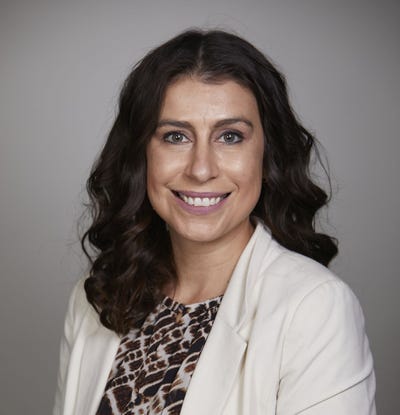CBC said tests from a reliable lab found supplements didn’t meet label claims. It turns out the results weren’t so reliable.

CBC’s Marketplace issued a retraction of a story that reported vitamin C and protein products didn’t live up to their label claims. The story, which was reported in November, also found rancidity in fish oil. “However, subsequent re-testing of the samples has found that the lab results and analysis provided to Marketplace were incorrect, and that there is no evidence of problems with those products," CBC said in its retraction.
The Canadian investigative news show relied on tests from an independent lab in Michigan. CBC said it trusted the lab because it was ISO-17025 accredited, registered with FDA and used by the supplement industry. The lab came recommended by Neil Thanedar, co-founder and CEO of LabDoor, which publishes supplement test results for consumer use. CBC said Thanedar analyzed the test results for Marketplace.
Despite CBC’s assertions, the supplement companies stood by their products. With this retraction, they were vindicated.
As an editor of a publication, I understand how mistakes happen. And I certainly applaud Marketplace for continuing to investigate the story even after it aired, and issuing a retraction when it realized it was wrong.
The big question is why was CBC wrong, or rather, why was the lab it relied on wrong?
In the retraction, CBS said “While Thanedar admits some of the lab results he provided to Marketplace were flawed, he was still unable to explain how the mistakes were made," and it further quoted Stuart Phillips, a scientist at McMaster University, who said: "There are all kinds of reasons why things can go wrong. Like anything else in life, I think when a lab gets something wrong, human error, contaminated dirty glassware, machine malfunction."
It’s a scary notion that labs can get results wrong to an industry that relies so much on science to verify its products. It’s unclear what tests the Michigan lab used, but even they were fit for purpose, perhaps human error, like Phillips said, was the culprit.
This case underscores the importance of supplement bands using multiple labs to test their products. Because the first lab they use could be wrong. It is terrible when a lab find that products don’t meet label claims, particularly when reporters use that to condemn supplements. But it could be even worse if labs find supplements are safe and meet label claims when they in fact don’t. Don’t forget the dry labbing scandal that occurred in 2012.
Don’t rely on one lab or one expert to test supplements. This case shows that even with credentials and endorsements, they could be wrong.
About the Author(s)
You May Also Like






.png?width=800&auto=webp&quality=80&disable=upscale)